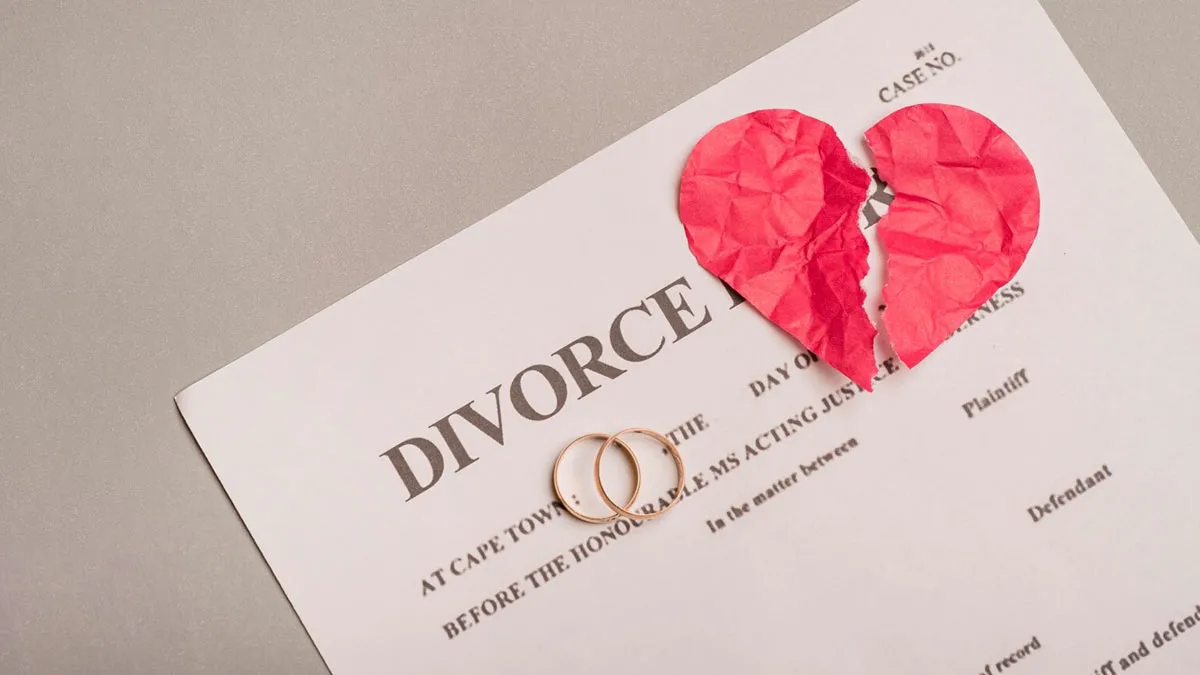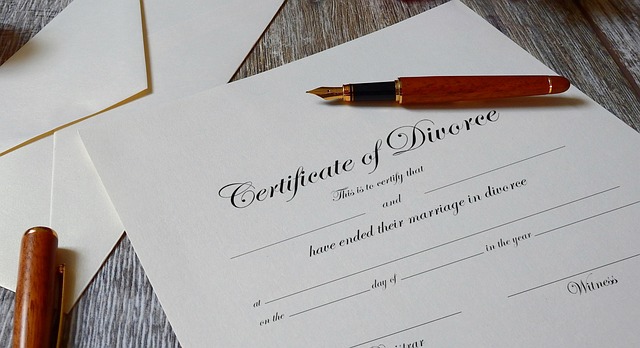
Sometimes relationships fall apart in a way that legal separation is the only option that stands relevant. However, the complex legal system in India poses challenges. One of the biggest challenges is choosing between mediation and litigation during marital legal disputes. We spoke to Nandini Gore, Senior Partner at Karanjawala & Co. to understand the differences between the two and which stands relevant in different scenarios.
Litigation is a process of resolving disputes in the court system. It involves enforcing laws where judge, jury, and legal experts determine the outcome of a legal case. This process is quite long and costly.
According to Nandini, the pursuit of justice has been a perpetual quest for the lawful, efficient and timely resolution of disputes. However, the pursuit often becomes a punishment in itself. Prolonged litigation due to the incorporation of the parties, exhaustion of multiple remedies concurrently as well and judicial delays have caused more pecuniary and social damage than the conflict itself. Thus, the aggrieved must have some alternatives to seek rightful remedy and Mediation has proved to be an effective one.

Mediation, as an alternative dispute mechanism, has formally existed in the Civil Procedure Code, 1908 under Section 89 wherein the Court can send the parties to mediation to resolve the matter. Its relevance further increased with the Commercial Courts Act, 2015 mandating compulsory pre-mediation in every commercial dispute. But among all kinds of disputes, divorce disputes present a much more suitable opportunity for efficacious resolution through mediation.
Nandini highlighted that divorce matters commonly involve two parties who approached the court to dissolve their marriage. However, the process to achieve the dissolution does not come easy. Even after separate family courts are established, the pendency of such divorce cases has not gone down. Except for divorce by mutual consent, the matters are stretched for years first in the Family courts and then, all the appellant forums are utilized which causes detriment, especially to aggrieved women and children out of such wedlock.
But, with mediation, the parties can resolve the matter amicably in a time and cost-efficient manner. In a society inherently prejudiced against women, the law must aim to minimise the suffering and mistreatment for a woman that comes with breaking the ‘sacred union’. Fortunately, mitigating such extreme social consequences for the aggrieved women has become quite feasible with mediation where without much legal jargon, the woman can express all her concerns within closed doors and secure future prospects for herself in much less time.
The flexibility parties get during mediation to discuss their concerns openly without the necessary help of lawyers is something which cannot be expected in a court proceeding.
Don't Miss: US Divorced Woman Travels Thousands Of Miles To Marry Instagram Friend In India

Additionally, privacy has always been an important concern and indisputably, such disputes are of extremely private nature. It is, thus, in the interest of the parties that through mediation, such sensitive information is prevented from being discussed and argued publicly. Upon settlement, the mediator does not even have to submit the transcripts of the conversations during mediation. The Court just has to be informed about the settlement and its terms which becomes binding like any other Court order.
If a divorce goes before the court, a Judge cannot ignore the strict application of substantive and procedural law. However, unlike a Judge, the Mediator is someone who plays a neutral role between the parties whose primary responsibility is to bring consensus between both the parties and settle the matter on mutually agreed terms.

In case, the intention of one party is to drag the matter to punish the other party, and then leave mediation, even going for litigation would be a futile and painful exercise which becomes uglier as time passes. But if the intention is really to resolve the deadlock and settle on the terms which are acceptable to both parties, then nothing can be better than mediation for all the stakeholders.
Don't Miss: Previous Marriage Not Registered And Currently Separated: Can You Legally Remarry, Expert Weighs In
For more such stories, stay tuned to HerZindagi.
Image Courtesy: Freepik
Also watch this video
Herzindagi video
Our aim is to provide accurate, safe and expert verified information through our articles and social media handles. The remedies, advice and tips mentioned here are for general information only. Please consult your expert before trying any kind of health, beauty, life hacks or astrology related tips. For any feedback or complaint, contact us at compliant_gro@jagrannewmedia.com.